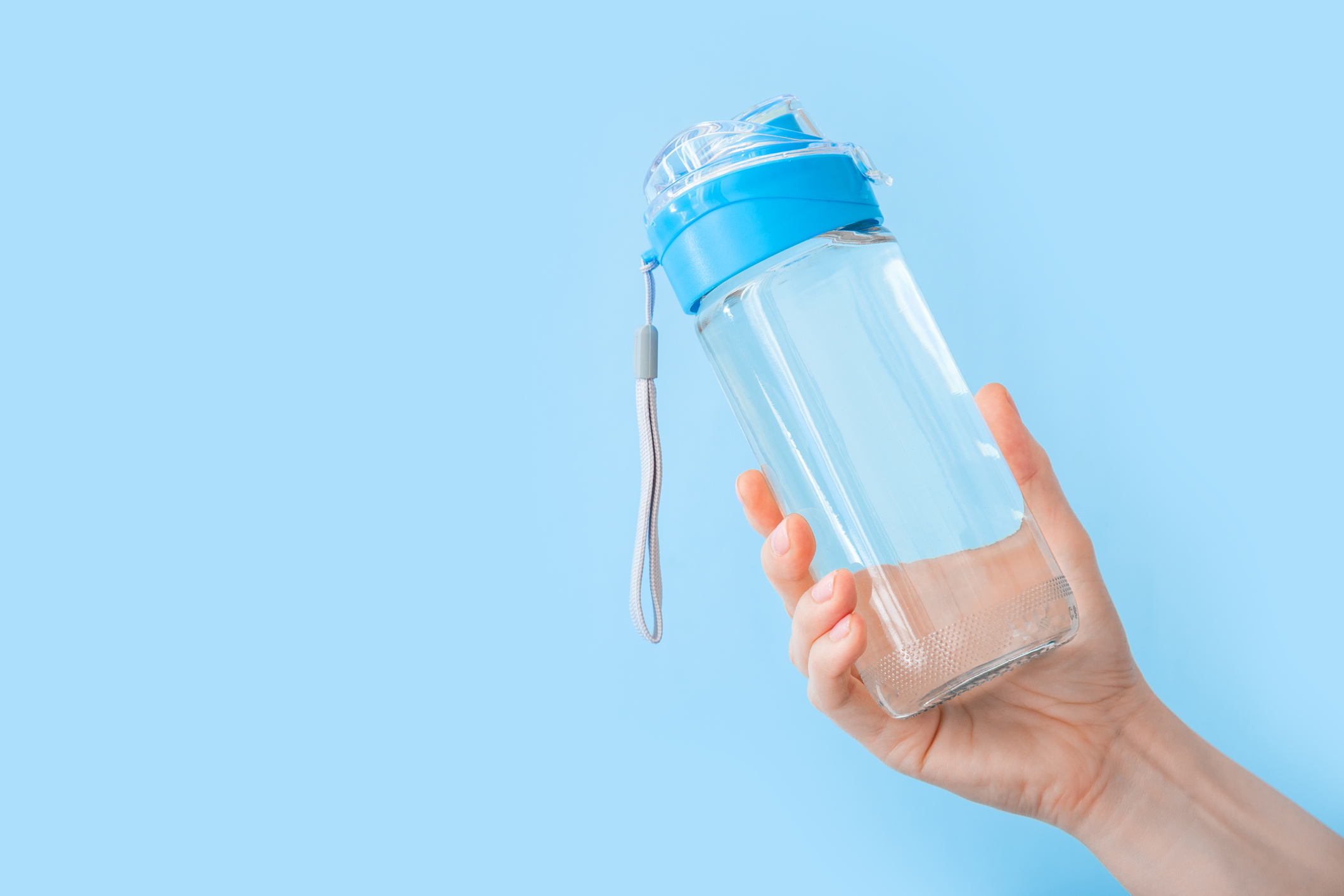Get Easy Health Digest™ in your inbox and don’t miss a thing when you subscribe today. Plus, get the free bonus report, Mother Nature’s Tips, Tricks and Remedies for Cholesterol, Blood Pressure & Blood Sugar as my way of saying welcome to the community!
The pros and cons of water fasting

I’ve always been intimidated by the idea of water fasting. The idea of consuming nothing but water for three to five days at a time seems like a difficult ask for someone who lives an active lifestyle.
But I have friends who rave about how much more energized and clear-minded they feel after a fast. And some experts recommend water or other types of liquid fasts for giving your health a complete reboot.
So, is a water fast worth considering? Researchers at the University of Illinois Chicago had the same question…
The health impacts of water fasts
The researchers reviewed eight studies on water fasting to determine its benefits and risks. The studies covered both water fasting and Buchinger fasting, a medically supervised fast popular in Europe where people consume a very small amount of juice and soup each day of the fast.
This is what the UIC team found out:
- Water fasts can help you lose weight, at least in the short term. One study found participants on a five-day fast lost about 4 to 6 percent of their weight. Those who fasted for 7 to 10 days lost between 2 and 10 percent, and those who fasted for 15 to 20 days lost 7 to 10 percent.
- Much of the weight lost in a water fast is made up of muscle. Only one-third of the weight lost by participants was fat; the rest was all lean muscle mass. This is the opposite of what happens in most weight-loss efforts. The lack of protein consumed during a water fast is likely responsible for the loss of muscle mass.
- If you do lose weight on a water fast, you may gain it back. One study found that participants gained back all the weight they had lost in a five-day water fast within three months of the fast. In two other studies, only a small amount of the lost weight returned, but those participants were encouraged to continue to restrict their calories after the fasts ended.
- Water fasts have metabolic benefits, but only for as long as you’re on the fast. People who fasted saw improvements in their blood pressure, cholesterol and blood sugar levels. However, all these measurements returned to pre-fast levels once they started eating again.
- Water fasts don’t have any serious adverse effects. This applies to both straight water fasts and a similar kind of fasting program where people consume a very small number of calories a day. Even participants with type 1 and type 2 diabetes had no ill effects from the fasting, though they were closely monitored and had their insulin doses adjusted during the fast.
- Water fasts do have some mild side effects. These include headaches, insomnia and hunger.
Research lead Krista Varady, professor of kinesiology and nutrition at the University of Illinois Chicago and an expert on intermittent fasting, says she wanted to study water fasting because she was getting requests from journalists who wanted to know her thoughts on it.
“My overall conclusion is that I guess you could try it, but it just seems like a lot of work, and all those metabolic benefits disappear,” Varady says, adding that no one should do a water fast for more than five days without medical supervision.
Intermittent fasting may be better
Rather than water fasting, Varady says she would encourage someone hoping to lose weight to try intermittent fasting instead. “There’s a lot more data to show it can help with weight management,” she says.
Intermittent fasting can be done a few ways. A popular method is to consume food only within a preset window of time and refrain from taking in any calories outside that window. For instance, you would only take in any calorie-containing food and drink over a set 8-hour period, then fast during the remaining 16 hours of the day.
This sort of eating schedule has been found to lower blood pressure, LDL (or “bad”) cholesterol and high blood sugar levels. It also can result in weight loss and reduced calorie intake.
Another intermittent fasting model is alternating days of normal calorie consumption with days of calorie restriction. For example, Monday, Wednesday and Friday you would eat less than 600 calories, while Tuesday, Thursday, and Saturday you would eat normally. Or you could do this pattern in a 5:2 configuration, meaning only two days a week of calorie restriction.
You can also combine water fasting with intermittent fasting by implementing a regimen where you take in nothing but water for one day and eat normally the next.
Remember that you should always check with your doctor before implementing any fasting program. And if you have low blood sugar or are pregnant or breastfeeding, you should avoid fasting completely.
Editor’s note: Did you know that when you take your body from acid to alkaline you can boost your energy, lose weight, soothe digestion, avoid illness and achieve wellness? Click here to discover The Alkaline Secret to Ultimate Vitality and revive your life today!
Sources:
Water fasts can help you lose weight, but you might gain it back quickly — University of Illinois Chicago
Efficacy and safety of prolonged water fasting: a narrative review of human trials — Nutrition Reviews














